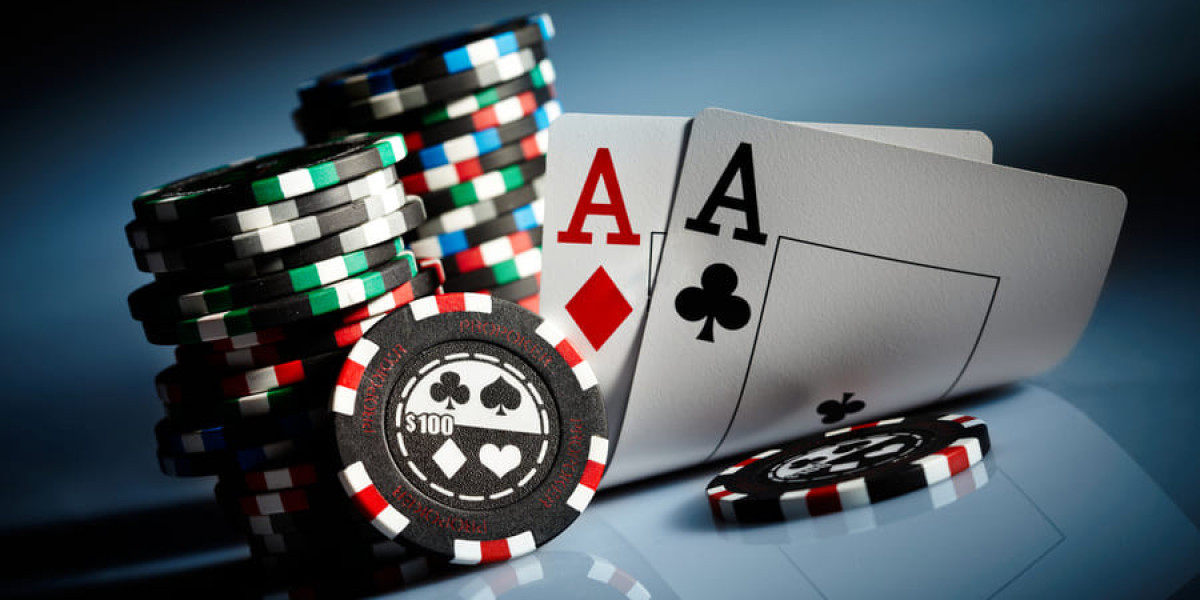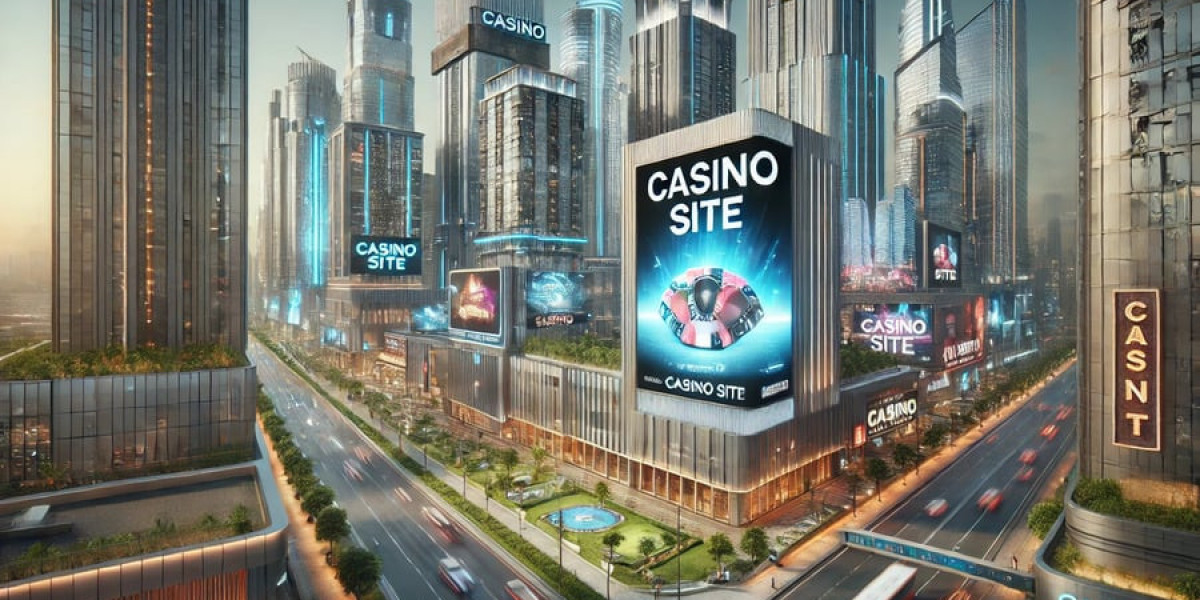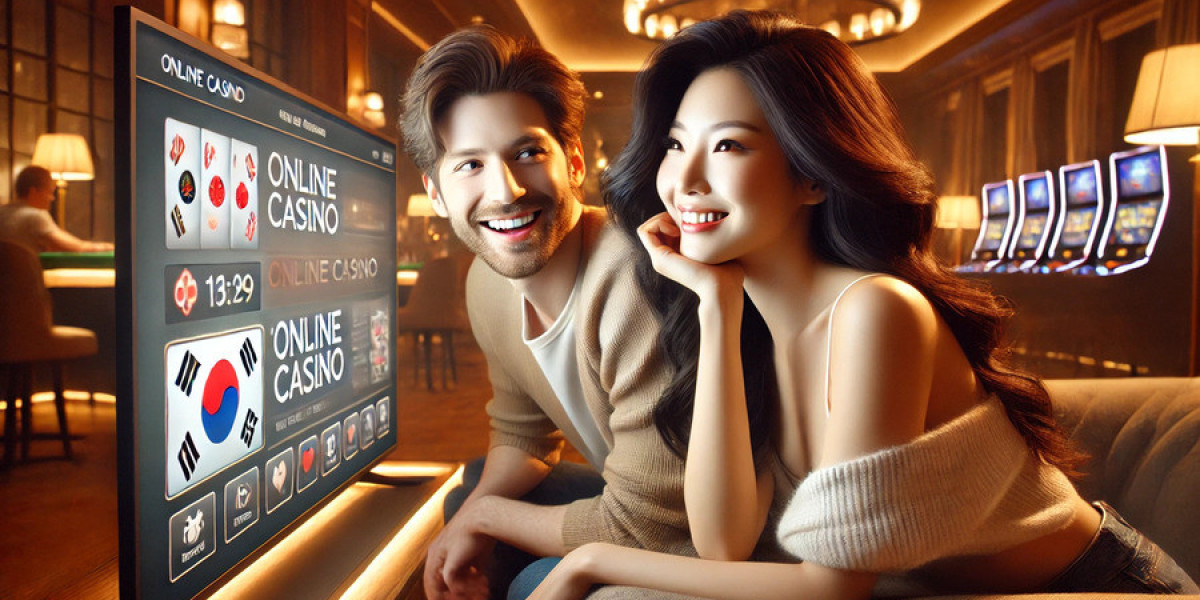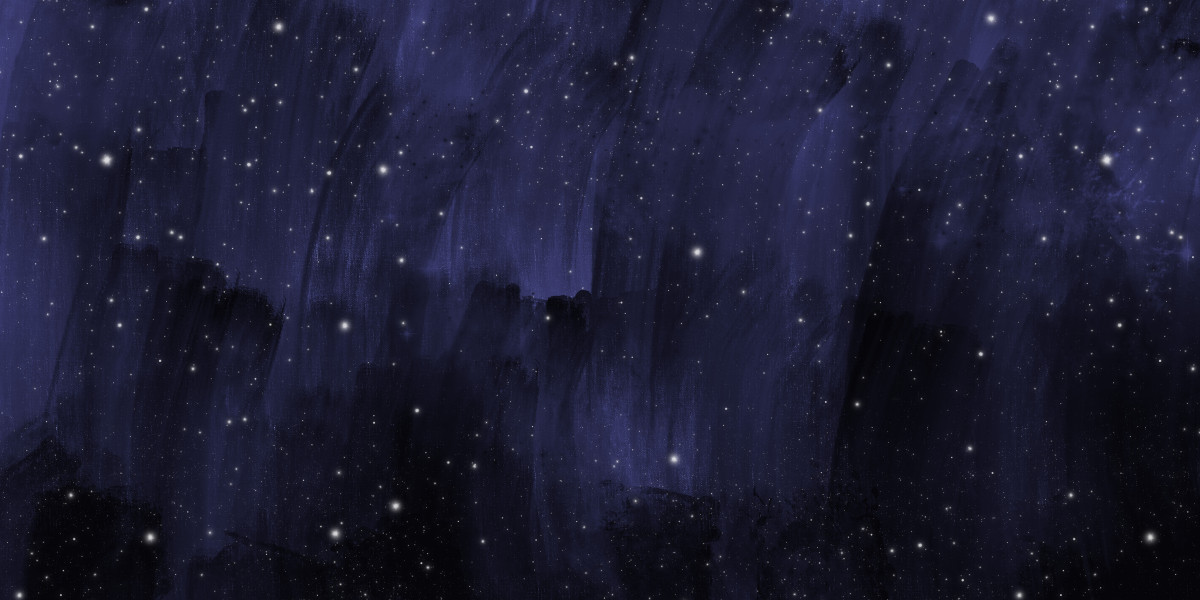In today's digital age, entertainment buzz plays a crucial role in shaping popular culture and influencing consumer behavior. From the latest celebrity gossip to viral memes and must-watch TV shows, entertainment buzz has the power to captivate audiences and drive conversations both online and offline. In this case study, we will delve into the evolution of entertainment buzz over the years, examining its impact on the media landscape and how it has transformed the way we consume and engage with entertainment content.
A Brief History of Entertainment Buzz
The concept of entertainment buzz is not a new phenomenon. In fact, the notion of celebrities and entertainment news has been around for centuries, with the rise of newspapers, magazines, and gossip columns fueling the public's fascination with the lives of the rich and famous. However, the advent of the internet and social media platforms in the late 20th century revolutionized the way entertainment buzz is disseminated and consumed.
The year 2000 marked a significant turning point in the world of entertainment buzz. With the launch of platforms such as MySpace, YouTube, and Facebook, celebrities and content creators now had direct access to their fans, bypassing traditional media outlets and PR channels. This shift democratized celebrity culture, allowing ordinary individuals to create their own entertainment buzz and share it with global audiences.
The Emergence of Social Media Influencers
As social media platforms gained traction in the early 2000s, a new breed of influencers emerged, leveraging their online presence to amass followers and engage with brands. These influencers, often bloggers, vloggers, and Instagram personalities, became key players in generating entertainment buzz, as they shared their thoughts, opinions, and recommendations with their loyal fan base.
One of the earliest social media influencers to gain widespread recognition was Perez Hilton, a celebrity gossip blogger known for his controversial commentary and exclusive scoops. Hilton's rise to fame in the mid-2000s exemplified the power of social media in shaping entertainment buzz, as his posts and updates garnered millions of views and sparked heated debates among fans and celebrities alike.
The Rise of Viral Content
In addition to social media influencers, the rise of viral content in the early 2000s played a pivotal role in shaping entertainment buzz. Memes, videos, and challenges spread like wildfire across the internet, captivating audiences and generating millions of shares and likes. From the iconic "Charlie bit my finger" video to the ALS Ice Bucket Challenge, viral content became a driving force in the world of entertainment buzz, capturing the attention of mainstream media and advertisers.
One of the most notable examples of viral content in the early 2000s was the "Harlem Shake" meme, which originated on YouTube in 2013. The meme featured individuals dancing to the song "Harlem Shake" by Baauer in absurd and comedic ways, spawning thousands of user-generated videos and parodies. The "Harlem Shake" meme quickly went viral, with celebrities, brands, and even sports teams joining in on the craze, further fueling its popularity and cementing its status as a cultural phenomenon.
The Influence of Reality TV
Reality television also played a significant role in driving entertainment buzz in the early 2000s. Shows such as Survivor, Big Brother, and The Bachelor captivated audiences with their drama, intrigue, and larger-than-life personalities, sparking watercooler conversations and social media debates. Reality TV stars became instant celebrities, with fans eagerly following their every move and becoming emotionally invested in their on-screen relationships and conflicts.
One of the most memorable moments in reality TV history occurred in 2004 during the Super Bowl halftime Star-studded talk show moments, https://git.4angle.com/kamslack30515,, when Janet Jackson and Justin Timberlake's infamous "wardrobe malfunction" sparked nationwide controversy and outrage. The incident generated widespread media coverage and fueled debates about censorship, indecency, and the role of entertainment in society. The "wardrobe malfunction" became a defining moment in pop culture history, highlighting the power of reality TV in shaping entertainment buzz and influencing public discourse.
The Impact of Streaming Services
The proliferation of streaming services in the late 2000s revolutionized the way we consume and engage with entertainment content, further fueling the evolution of entertainment buzz. Platforms such as Netflix, Hulu, and Amazon Prime offered viewers a vast selection of movies, TV shows, and original programming, giving rise to binge-watching and watercooler conversations about the latest must-watch series.
Netflix, in particular, emerged as a dominant player in the streaming industry, producing critically acclaimed shows such as Stranger Things, Orange Is the New Black, and The Crown. These series garnered widespread praise from critics and audiences alike, generating buzz on social media and becoming cultural touchstones for a new generation of viewers. Netflix's innovative approach to content creation and distribution transformed the traditional TV landscape, paving the way for other streaming services to follow suit.
The Evolution of Entertainment Journalism
As entertainment buzz continued to evolve in the 2000s, so too did the field of entertainment journalism. Traditional media outlets such as newspapers, magazines, and TV networks faced increasing competition from online publications and social media influencers, leading to a shift in the way entertainment news is reported and consumed.
One of the most significant developments in entertainment journalism was the rise of online blogs and news sites dedicated to celebrity gossip, fashion, and pop culture. Websites such as TMZ, E! Online, and Just Jared became go-to sources for breaking news, exclusive interviews, and viral content, attracting millions of readers and shaping the discourse around celebrities and entertainment.
At the same time, traditional media outlets adapted to the changing landscape of entertainment journalism, incorporating digital platforms and social media into their coverage. TV networks such as E! Entertainment Television and Access Hollywood expanded their online presence, launching websites, podcasts, and social media accounts to engage with audiences and drive traffic to their programming.
The Future of Entertainment Buzz
As we look towards the future, the evolution of entertainment buzz shows no signs of slowing down. With the rise of new technologies such as virtual reality, artificial intelligence, and live streaming, the ways in which we consume and engage with entertainment content will continue to evolve, shaping popular culture and influencing consumer behavior.
Social media influencers, viral content, reality TV, and streaming services will play a key role in driving entertainment buzz in the years to come, as audiences seek innovative and engaging ways to connect with their favorite stars and discover new forms of entertainment. The convergence of traditional media and digital platforms will further blur the lines between entertainment journalism and user-generated content, creating new opportunities for brands, creators, and audiences to interact and collaborate.
Conclusion







